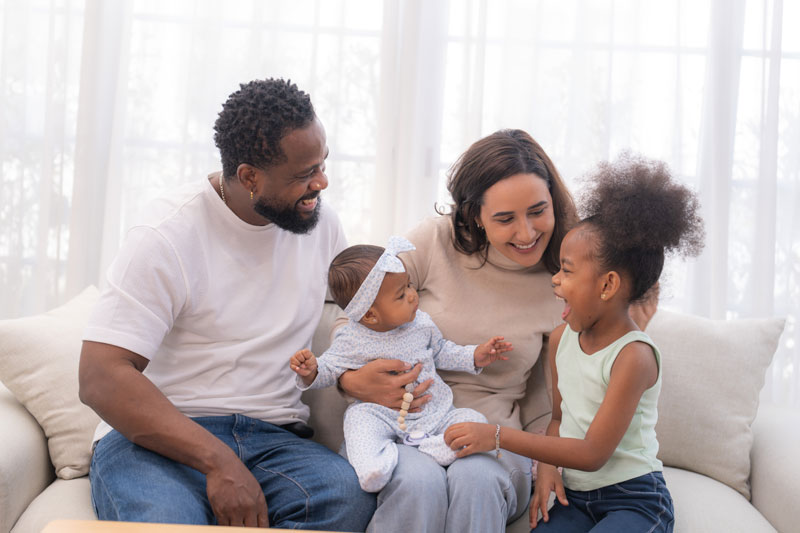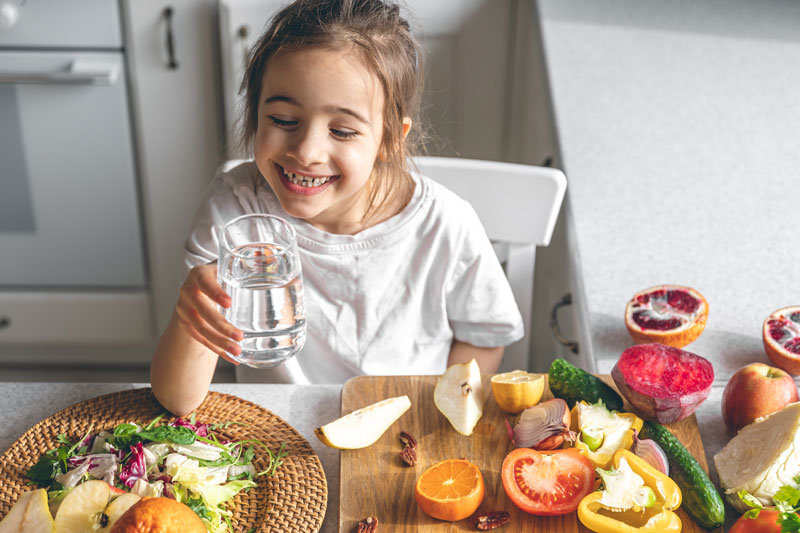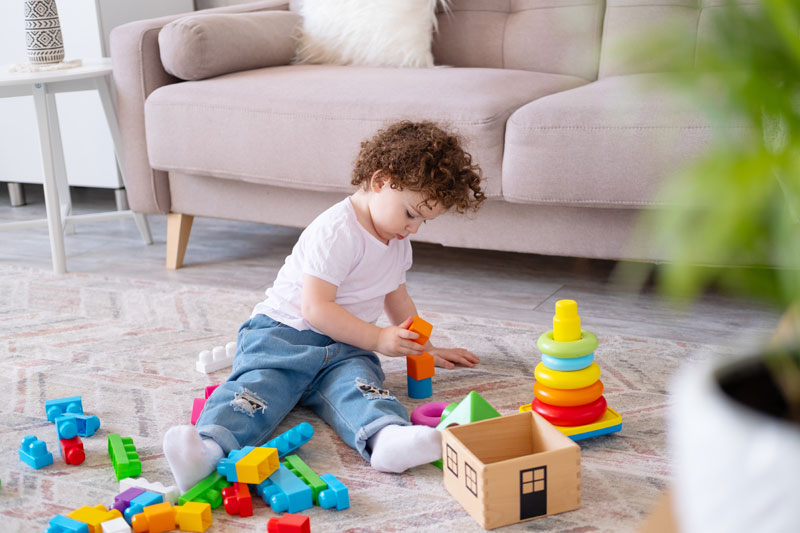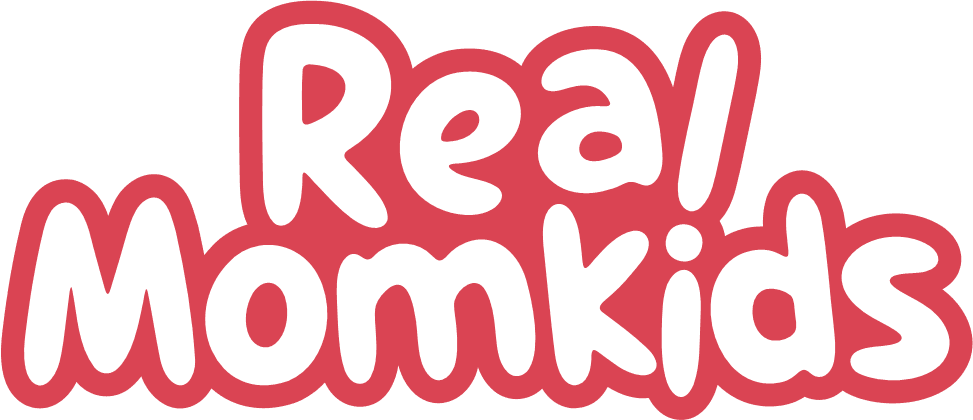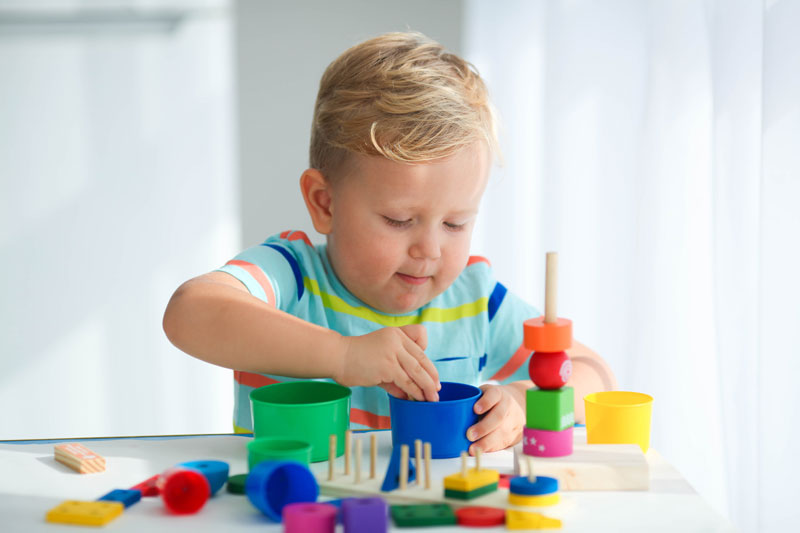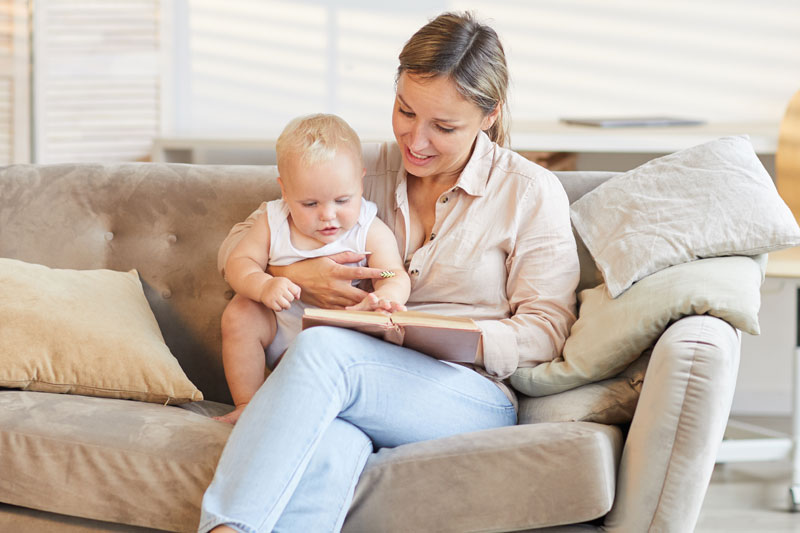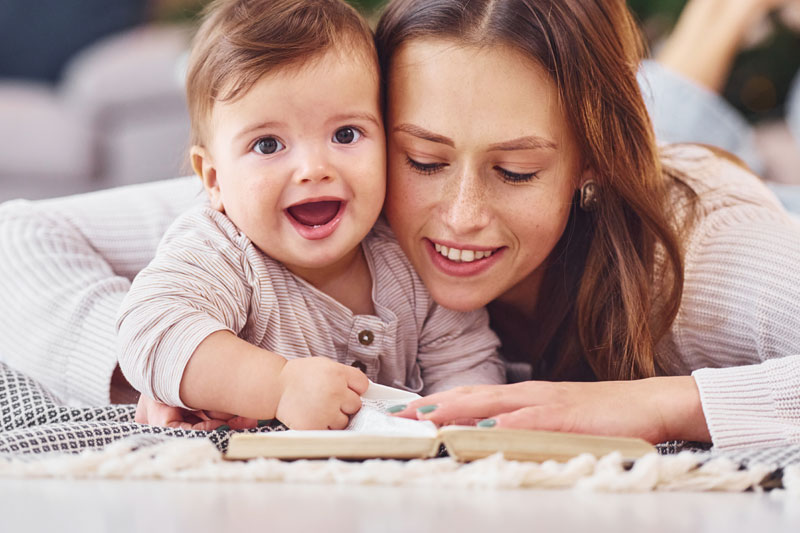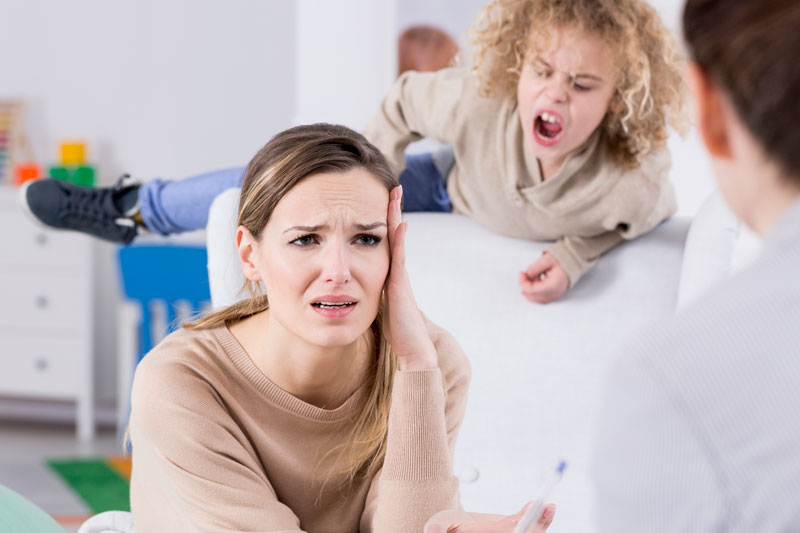Kindergarten Readiness Checklist: Signs Your Child is Ready for the Classroom
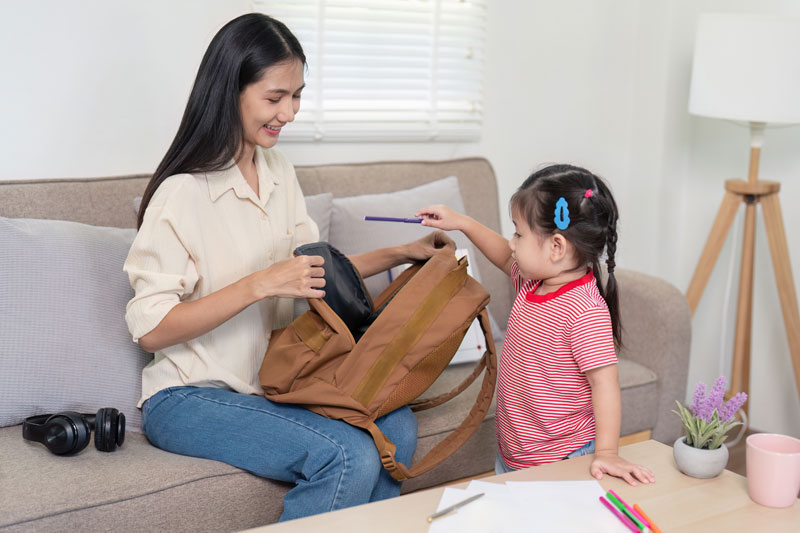
Starting kindergarten is a significant milestone for both children and their parents. This is because preschool and kindergarten are not only about learning numbers and the alphabet, but also emotional, social, cognitive, and physical development. Having a kindergarten-ready checklist will help you prepare your child for their first school.
What Is Preschool Readiness?
Preschool readiness refers to the child’s ability to adapt and thrive in a structured group setting, such as a preschool or kindergarten environment. The ability mentioned here goes beyond academic ability and is more about emotional maturity and independence.
A child can be considered ready for preschool or kindergarten if they can follow simple instructions, handle short separations from parents or caregivers, and participate in group activities. These abilities allow children to feel comfortable and confident in the classroom setting.
4 Kindergarten Readiness Checklist
Every child is different; however, four main areas need to be considered when assessing kindergarten or preschool readiness. These are the four kindergarten ready checklist that you need to know before enrolling your child in a kindergarten or preschool:
1. Self-Care and Independence
Preschool and kindergarten involve group care, so children are expected to manage simple self-care routines such as using the toilet, washing hands, putting on shoes, and eating. These self-care routines do not have to be perfect; however, being independent will help children feel capable and reduce their stress in the classroom.
2. Social and Emotional Skills
Since the school encourages group activities, children should show interest in playing with others, sharing toys, and taking turns. Additionally, they need to manage short separations from parents or caregivers without feeling excessively upset.
These skills are essential for fostering positive peer relationships and promoting effective classroom behavior. Building early emotional skills is crucial for fostering healthy peer relationships and promoting positive classroom behavior.
3. Communication and Thinking Skills
A kindergarten and preschool-ready child can usually follow simple directions, express basic needs, and stay focused on an activity for a few minutes. Sometimes, they also ask questions, show curiosity, and enjoy reading books or playing games. Encouraging language development through play can be a great way to support this area.
4. Physical Development
Lastly, children need to have good physical development, especially their fine and gross motor skills. Fine motor skills encompass a range of activities, including using scissors, holding crayons, and performing various other tasks.
Meanwhile, gross motor skills include various activities, such as running, balancing, climbing, and many more. These skills will help them participate fully in classroom activities.
How You Can Help Prepare Your Child
Even if a child does not check every box in the kindergarten ready checklist, parents can still help them prepare for preschool or kindergarten with simple activities at home. You can encourage independence by involving your child in everyday tasks such as getting dressed, cleaning up toys, or serving snacks.
To encourage social interaction, consider arranging playdates with children in your neighborhood, visiting the playground, or hosting a family game session that involves taking turns and sharing.
You can also practice instructions during daily routines with your children. For example, asking them to follow one-step directions, such as “Put away the toy,” or two-step directions, like “Take off your shoes and put them on the shelves.”
Before sending your child to kindergarten or preschool, establish daily routines for meals, sleep, and play. This will help them feel secure and adapt more easily to preschool schedules.
What To Do If Your Child Is Not Ready Yet?
Every child is different, and not all of them are ready for preschool or kindergarten at the same time. This is completely fine, as forcing them to go when they’re not ready will result in a negative experience and may encourage bad behavior.
If your child is not ready, be patient. Children’s development is not linear, and pushing them too hard will only cause stress for both you and your child. Consider programs with shorter hours, smaller class sizes, or opportunities for parent participation. This can ease the transition and reduce the possibility of children becoming upset.
Every child develops at their own pace, and although kindergarten ready checklist is available, it is not a fixed standard. Instead, it is about recognizing when your child is ready to explore a new environment with curiosity and a bit of independence.
Is your child getting ready for kindergarten? Share your thoughts or tips in the comments, and please pass this along to other parents who may need it.
